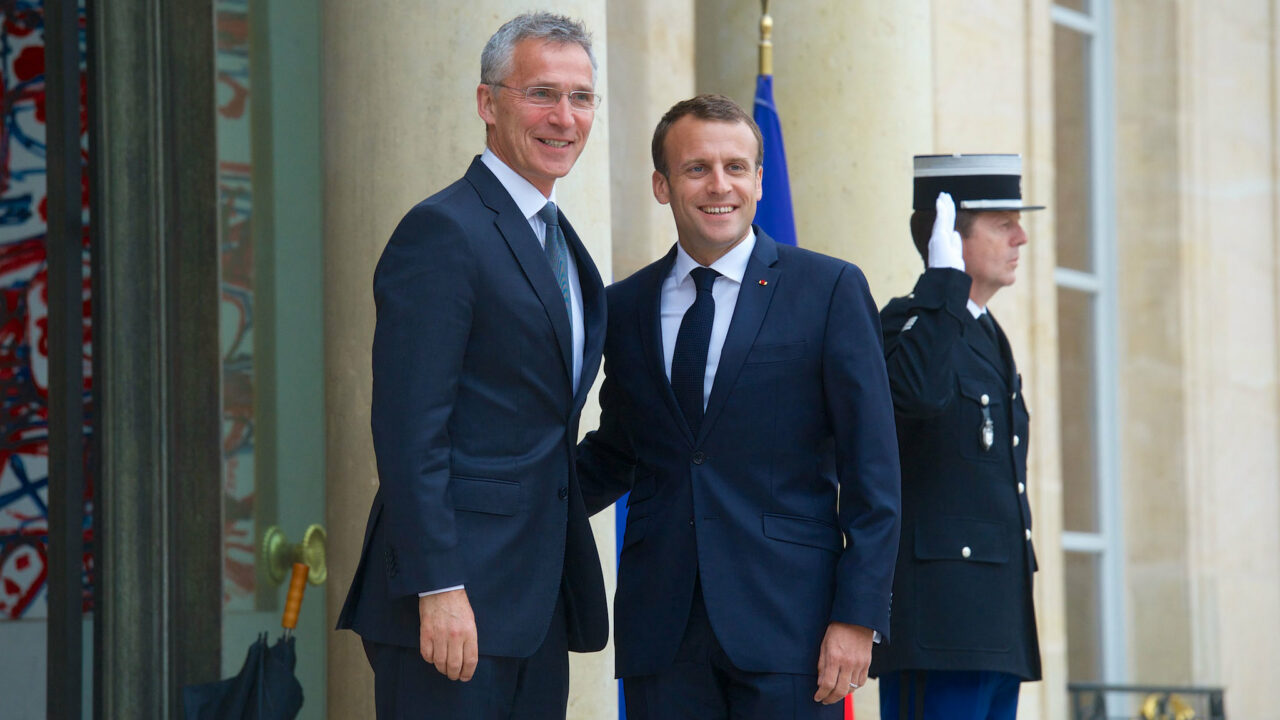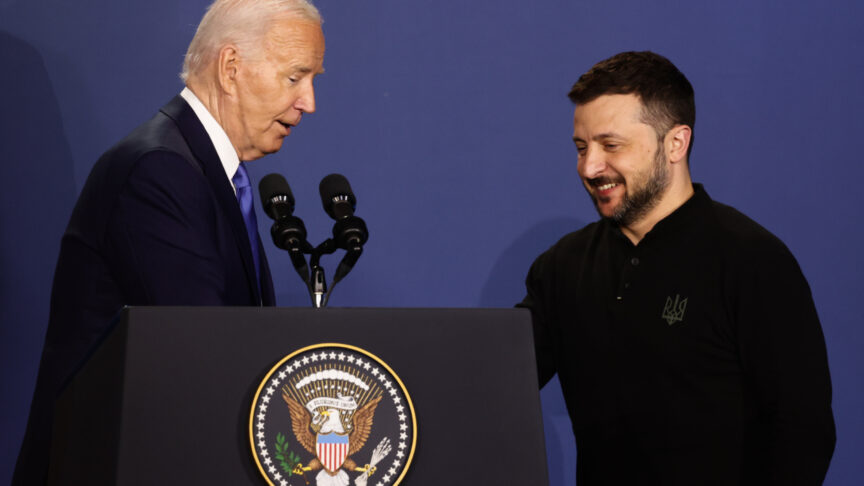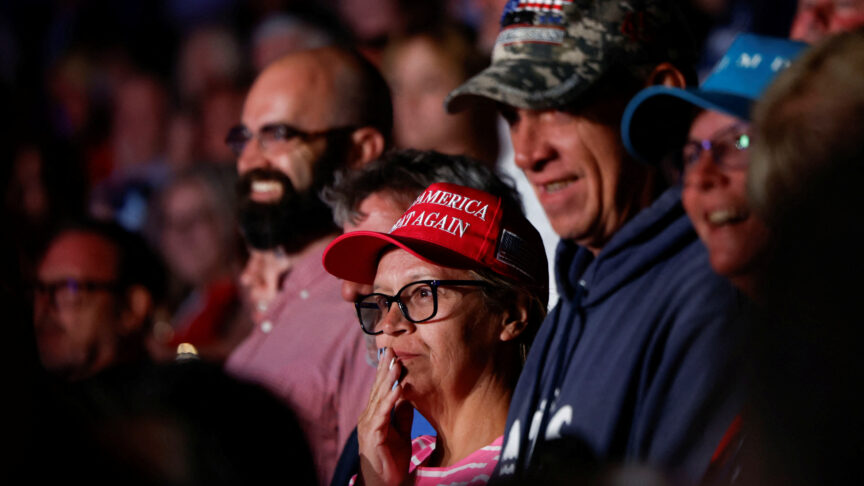How NATO should plan for the next ten years
NATO will only remain relevant to its members and contribute to international stability if the regional alliance acquires a global perspective
It is unusual for a political-military alliance to discuss its future in public. And yet that is precisely what NATO has decided to do, following French President Emmanuel Macron’s November 2019 criticism of the organisation as experiencing “brain death”. In spring, Jens Stoltenberg, NATO’s secretary-general, entrusted an independent Reflection Group with the task of answering a fundamental question: how can NATO, as an effective military alliance, become stronger as a political alliance? After 90 online meetings and endless e-mail exchanges, the group presented the report “NATO 2030: United For A New Era” on 1 December to NATO foreign ministers.
As one of the experts involved in drawing up the report, I will try to summarise its 138 recommendations in three key messages.
Firstly, the security environment in which NATO operates – dominated by great power competition and rising global risks – has changed since 2010, calling for an update of the alliance’s decade-old strategic concept. Russia’s assertiveness has become more blatant (and the country will remain the dominant military threat to NATO in the decade ahead); China has turned into a systemic rival; the southern flank is beset with conflict; and technology has had a disruptive impact as a military asset and on the security environment more broadly.
The conclusion one should draw from all this is that, for NATO to remain relevant to its members and contribute to international stability, the regional alliance must acquire a global perspective. With regard to China, the report proposes the creation of an advisory body within NATO to address security challenges related to the rise of the Asian superpower and suggests strengthening partnerships with Asia-Pacific countries (such as Japan, South Korea, New Zealand, Australia, and possibly India). Preserving a technological edge should be another strategic priority for the alliance: according to the Reflection Group, NATO should equip itself to facilitate exchanges of information on the security implications of emerging technologies and discuss relevant standards. And the group foresees a special summit with the private sector on artificial intelligence. Terrorism and instability on Europe’s southern flank remain key priorities – “when NATO’s southern neighbours are more secure, NATO is more secure”, as the report puts it. The document recommends operationalising NATO’s advanced plans for the Mediterranean and proposes strengthening the Hub for the South at Allied Joint Force Command Naples.
NATO will certainly remain a military alliance but, to retain public support, it will need to more actively support human security and the resilience of democratic societies.
The past decade has seen the rise of authoritarian powers that aim to weaken Western democracies with old and new means, including cyber attacks. The security of NATO allies is also exposed to global threats ranging from climate change to pandemics. We live in an age of strategic simultaneity. Here, the report contains a second key message: NATO will certainly remain a military alliance but, to retain public support, it will need to more actively support human security and the resilience of democratic societies. NATO’s response to covid-19 was the first step in this direction.
Ideally, by combining these two approaches, NATO will have by 2030 assessed the consequences of strategic rivalry, adopted a global outlook, preserved its technological edge, addressed the vulnerabilities in its security-related supply chains, and focused on resilience as the first line of defence of our societies. All this requires NATO to open a new chapter in its long and successful history of constant adaptation – a move that is necessary to avoid a decoupling in risk assessments between a Pacific-focused United States and its European allies. In itself, the process of updating the Strategic Concept will facilitate transatlantic discussions and allow the sides to manage their differences in risk assessment.
Strengthening NATO’s internal cohesion – the report’s third key message – also entails a series of important choices. The report mentions a few: adopting a “code of good conduct” to ensure that all 30 member countries adhere to democratic principles and the obligations enshrined in the North Atlantic Treaty; more systematic consultations and more frequent informal meetings between foreign ministers on potential threats; an invitation to NATO members to notify the North Atlantic Council of national security decisions that may have an impact on the interests of their allies; and a decision-making process that is based on consensus and, at the same time, swift and efficient, especially in times of crisis. The overall rationale is to make NATO a “first resort” forum for strategic consultation among its members, focusing on a preventive rather than purely reactive approach.
From this point of view – strategic consultation – the relationship between the European Union and NATO is absolutely central. The report welcomes the development of European defence guided by complementarity with NATO, while suggesting the need for both stronger institutional links and high-level summits between the two organisations. Equally, and especially after Brexit and years of friction between Turkey and other NATO members, non-discrimination vis-à-vis third European states must remain a fundamental guideline.
NATO’s future oscillates between two possible alternatives. One is an alliance limited to its core functions, dealing with common defence and deterrence – the two fields in which NATO performs best. At the other extreme is an expansive view of NATO as dealing with resilience and new security challenges (such as human security, climate change, and logistics in pandemics). Clearly, the report goes in the second direction, while preserving the crucial importance of the core mission. NATO will have to forge a fine balance between core functions and additional ones.
Efforts to reinforce NATO as a political alliance depend entirely on the political will of members states: from a general point of view, the report’s strategic outlook fits coherently with the international approach of the incoming Biden administration.
A more global NATO – with reinforced partnerships, and with European allies that have increased their responsibilities – will allow its members to preserve the centrality of the transatlantic relationship. The report is designed to provide NATO leaders, who will discuss the results of the reflection process next spring, with a set of intellectual incentives and functional recommendations to fulfil this ambition in practice.
The European Council on Foreign Relations does not take collective positions. ECFR publications only represent the views of their individual authors.



